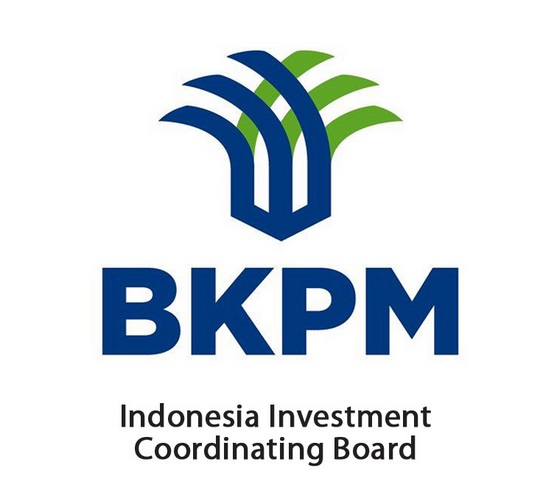
Investor Confidence Improves in Indonesia: Fitch
The Indonesian government’s policy reforms and focus on infrastructure development have started to contribute to the country’s economic growth, returning confidence to investors and businesses in recent months, global debt rating assessor Fitch Ratings said in a statement published on Friday (01/04).
According to a survey involving 100 attendees at Fitch Ratings’ credit briefing in Jakarta on March 16, over half of the respondents felt that the country’s economic cycle had shifted to a recovery.
“When asked about positioning, over half felt that it was the right time to increase investment in Indonesia, versus just over 40 percent who responded that they would stay neutral, and only 3 percent who advocated a decrease,” the ratings assessor said.
“Confidence that capital spending and infrastructure investment would increase was also high among participants — a combined 85 percent responded that they were either very, or somewhat optimistic that infrastructure spending would significantly accelerate in 2016-2017,” it said.
The ratings agency — which has kept Indonesia among investment-grade countries since 2011 — said early signs of success in the government’s structural reforms and acceleration of infrastructure investment would be positive for credit as it indicates a new economic growth cycle.
Fitch forecasts Indonesia’s real gross domestic product growth to accelerate slightly to 5.1 percent this year and 5.4 percent in 2017, compared to 4.8 percent in 2015, which was also the slowest pace since 2009. That was slightly less optimistic than the government’s 5.3 percent target for this year, as stated in the 2016 state budget.
However, Fitch expected that reform will be long and that fiscal space to boost public capital expenditure is limited due to very low government revenue. Last year, the government’s total revenue from taxes, customs and excise and other non-tax revenues reached Rp 1,505 trillion ($114 billion), only 85 percent of the Rp 1,762 trillion target.
External Concerns
Still, questions remain about how Indonesia would cope with the decline in global commodity demand that is pressuring revenue from overseas, while the country needs to rely on imports of services and materials for domestic development.
“China’s slowdown was seen as the greatest economic risk in 2016, with more respondents voting for this as the principal concern over domestic policy risks and United States [Federal Reserve] interest rates,” Fitch said in the note.
“Weak domestic corporate balance sheets do not suggest a pickup in private investment in the [short] term and the external environment remains a major uncertainty,” the agency said.
Source: The Jakarta Globe
